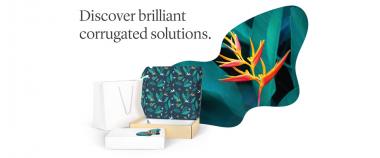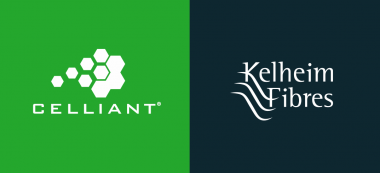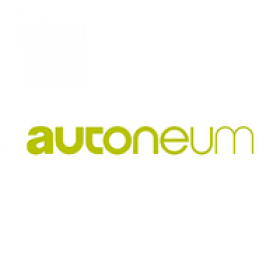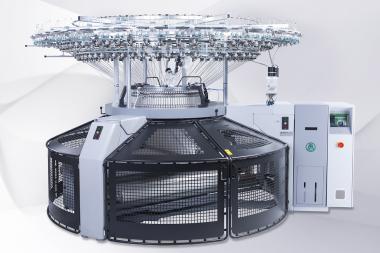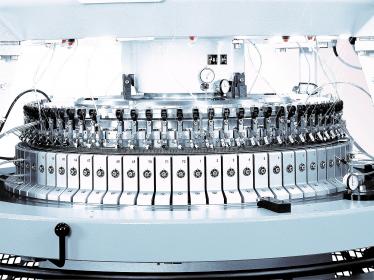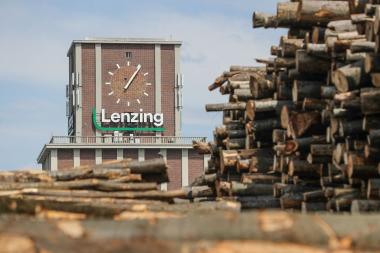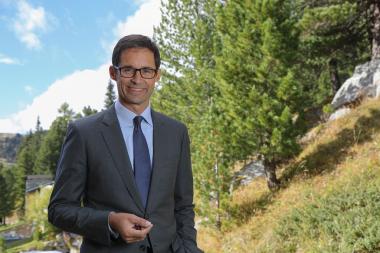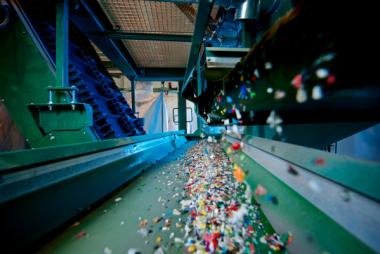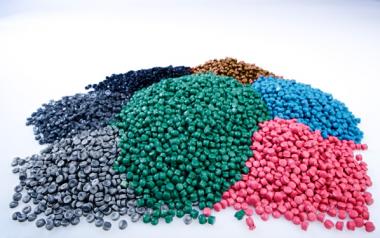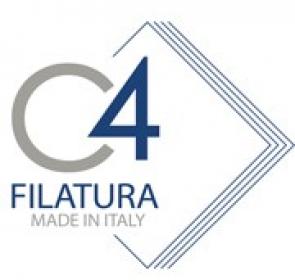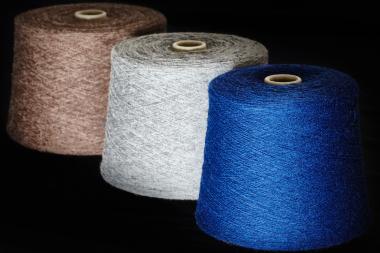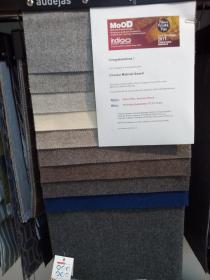Todd Zimmerman Joins EFI as VP and GM for Display Graphics
Todd Zimmerman, a long-time graphic arts executive with a strong track record of growing advanced technology initiatives in print, has joined Electronics For Imaging, Inc. as its new vice president and general manager, Display Graphics.
He comes to EFI™ from Fujifilm® USA, where he spent a decade and a half in a variety of executive roles, most recently as division president and corporate VP of Fujifilm Global Graphic Systems. Prior to joining Fujifilm, Zimmerman worked in sales with Kodak Polychrome Graphics.
Zimmerman assumes his new role at a time when many EFI customers are growing their businesses to meet recovery-fuelled, post-pandemic business needs, especially in key application areas, such as point-of-purchase graphics, tradeshow and event signage, and environmental graphics and décor. As print businesses regain their momentum, Zimmerman will lead EFI’s largest inkjet business segment, a Display Graphics business that is among the world’s largest developers of superwide-format UV LED and dye-sublimation inkjet printers and inks.
EFI






